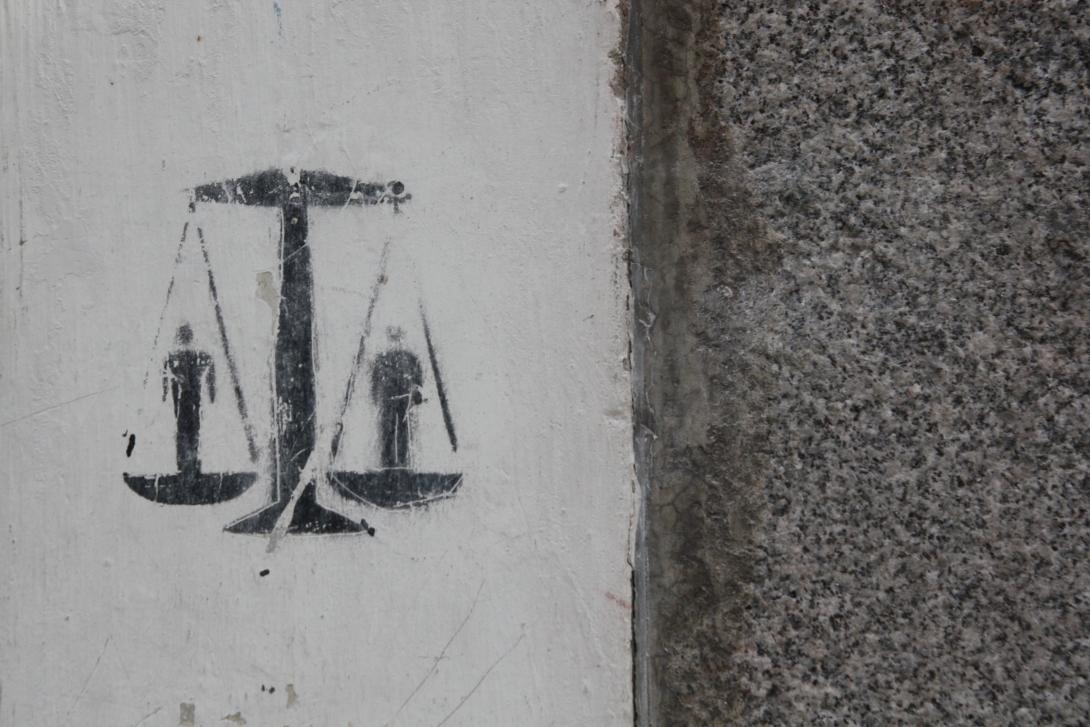
(Re)balancing power in Mexico?

November 5th might prove decisive for democracy; and not only in the United States. On that day, the Mexican Supreme Court will deliberate on a draft judgment regarding a series of legal challenges to a recently enacted reform of the judiciary. The reform fundamentally altered the judicial system and inaugurated a new era of popularly elected judges.
As written, the draft judgment invalidates some aspects of that judicial reform, but heated debates on whether the Court has the power to adjudicate the constitutionality of constitutional amendments abound. In fact, both the Executive and Congress members and leaders have cast doubt on the legality and enforceability of any ruling halting the judicial reform.
But who will have the final say, especially if the Court’s judgment stands and the other two branches of government refuse to abide by the ruling? The ensuing constitutional crisis would seriously challenge the democracy that Mexico has worked so hard to establish.
The reforms in question

The reforms in question were prompted by longstanding concerns regarding the judiciary’s efficiency, including delays in the administration of justice and instances of corruption and nepotism. President López Obrador announced a broad set of constitutional amendment proposals earlier this year which, he argued, would address these concerns. While proponents of that initiative have argued for what they believe will bring judges (viewed as distant elites) closer to the people, others have warned that it fails to address problems in the judiciary, will politicize justice and weaken judicial independence.
After the June general election in Mexico, in which the Morena Party obtained a supermajority in Congress, the constitutional amendments were fast-tracked in both chambers of the federal Congress and in the majority of state congresses (which must ratify constitutional amendments). A series of procedural and substantive challenges to the amendments were filed throughout the approval process. Some federal judges granted injunctions both before and after the reform’s enactment.
The proposal before the Court
Now the Supreme Court is weighing in on a group of challenges to the judicial reform brought by political parties and minority members of a state congress, which will require it to deliver judgment on fundamental concepts of democracy and constitutionalism.
The draft judgment, proposed by Justice González Alcántara Carrancá, will be deliberated on by the full Court just days after eight of the eleven Supreme Court justices tendered their resignations (for most, effective from 31 August 2025) and declined to participate in the country’s first ever judicial elections, scheduled for June 2025.
Notably, the draft asserts that the body with the power to amend the constitution, that is, a two-thirds majority of both Chambers of Congress and a majority of the state legislatures (a ‘constituted power’), cannot override the original exercise of popular sovereignty (the ‘constituent power’) as expressed in the 1917 Constitution (Mexico’s current fundamental norm). It asserts that the amending body cannot alter the will of the Mexican people, the ‘social pact, understood as the republican, representative, democratic, federal and secular’ nature of the country (as enshrined in article 40 of the Constitution). The amending body therefore does not hold unlimited power and its decisions ‘can be the subject of jurisdictional scrutiny’.
In this context, the draft judgment proposes to invalidate reforms that are deemed to violate basic principles of the Constitution. These include the mass dismissal of judges and electoral magistrates to make way for elected ones, the subsequent popular election of federal judges, and the introduction of ‘faceless’ judges . Further, it invalidates the introduction of elections for the judiciaries of the states and Mexico City as a violation of the principle of federalism, and the provisions pertaining to the amparo trial (claim for constitutional protection) that would limit the breadth of the remedies provided. However, it does not invalidate other aspects not determined to be unconstitutional, such as the introduction of elections for electoral magistrates and members of the newly created Judicial Discipline Tribunal.
Most notably, the judgment declines to address amendments that affect Supreme Court justices, an exercise of ‘self-restraint’. Some have interpreted such ‘self-restraint’ as ‘self-sacrifice’ to preserve the backbone of the Mexican judiciary, namely the career federal and local judges and the merit-based system through which they are appointed. The over 300-page draft undoubtedly represents a compromise solution and an attempt to defuse the brewing crisis.
An unprecedented scenario
The final judgment of the Court will only be known once all the justices vote, which could happen on 5 November or shortly thereafter. If a majority of eight (out of eleven) justices support the proposal, it would have the effect of nullifying the provisions ruled unconstitutional. The decision will not come soon enough.
Uncertainty about how the Court will rule has impacted everyday people who interact with the justice system and thousands of judges and judicial workers whose livelihoods and career paths have been upended. The unprecedented nature of the questions before the Court demand careful and measured consideration.
The reasoning proposed by Justice González Alcántara Carrancá achieves a delicate balance. How the other branches of government choose to react will determine whether the looming crisis escalates. The deepening of the increasingly heated conflict between the judiciary and the executive and legislative branches could also seriously undermine democracy in Mexico; it weakens citizens’ trust in institutions and in the authority of decisions of courts. The potential repercussions for the rule of law of this constitutional crisis are immense and should be contained as much as possible by all actors involved.
Disclaimer: Opinions expressed in this commentary are those of the author and do not necessarily represent the institutional position of International IDEA, its Board of Advisers or its Council of Member States.




